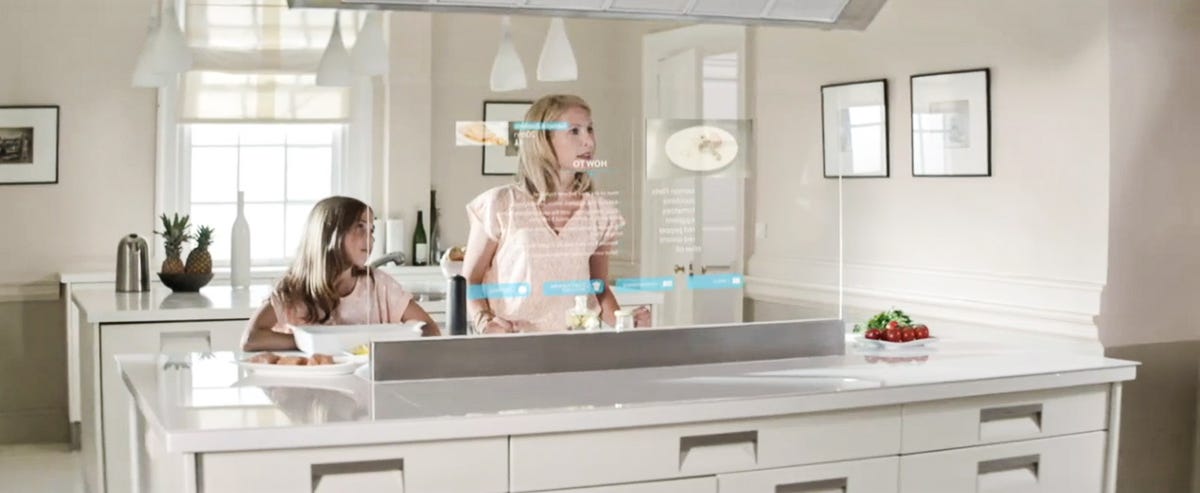
Samsung; screenshot by CNET
If you thought the smart-home movement was coming on strong, new data suggests you haven’t seen anything yet.
Smart appliances — or products like washing machines, dryers, refrigerators and others that can connect to the Internet and each other — are set to proliferate in the coming years, new data from research firm IHS shows. The company said that in 2014, just 1 million smart appliances were shipped worldwide. By 2020, that figure will jump to 223 million units. If smaller home appliances, like electronic toothbrushes and coffee machines are included, the total number of smart devices that will hit store shelves in 2020 will soar to 700 million.
The study confirms what companies and market analysts have been saying for years: previously “dumb” devices that had only one function will increasingly be replaced by “smart” alternatives that can communicate with users and each other. For example, over time it may be commonplace for a washer and dryer to connect to the Internet and “talk” to each other in ways that make doing laundry easier. Such a movement is already under way, with Google’s Nest smart thermostat being one of the most prominent examples of a product that’s been souped up with new technology. Cars, too, are increasingly adding online capabilities.
Seeing the growth opportunities, several tech companies are jumping into the market. Apple and Google both have home-automation platforms and in May, Samsung announced plans to produce processors that would power newly smart devices. In January, Intel it too would produce computing chips to cater to the ” delightful chaos” of the “Internet of Things” (which refers to these smart gadgets). Meanwhile, IBM is investing $3 billion over four years to build out its own Internet of Things division. In May, China-based telecommunications company Huawei announced LiteOS, an operating system designed to run on previously dumb products.
Despite so many companies climbing aboard, IHS thinks many will eventually hop (or be pushed) off. The company said in a statement Wednesday that its market-analysis suggests the market for smart-home technology will consolidate in the next few years. By 2018, the researchers said, “there will be just a couple of connectivity platforms, operating systems and a small number of technology-oriented appliance companies dominating the market.”
IHS didn’t say which companies may reign supreme by then, but it specifically cited Samsung and LG as having a “first-mover advantage,” a term used to describe companies that quickly embrace an emerging market and grab a significant share, leaving other firms struggling to break in.




